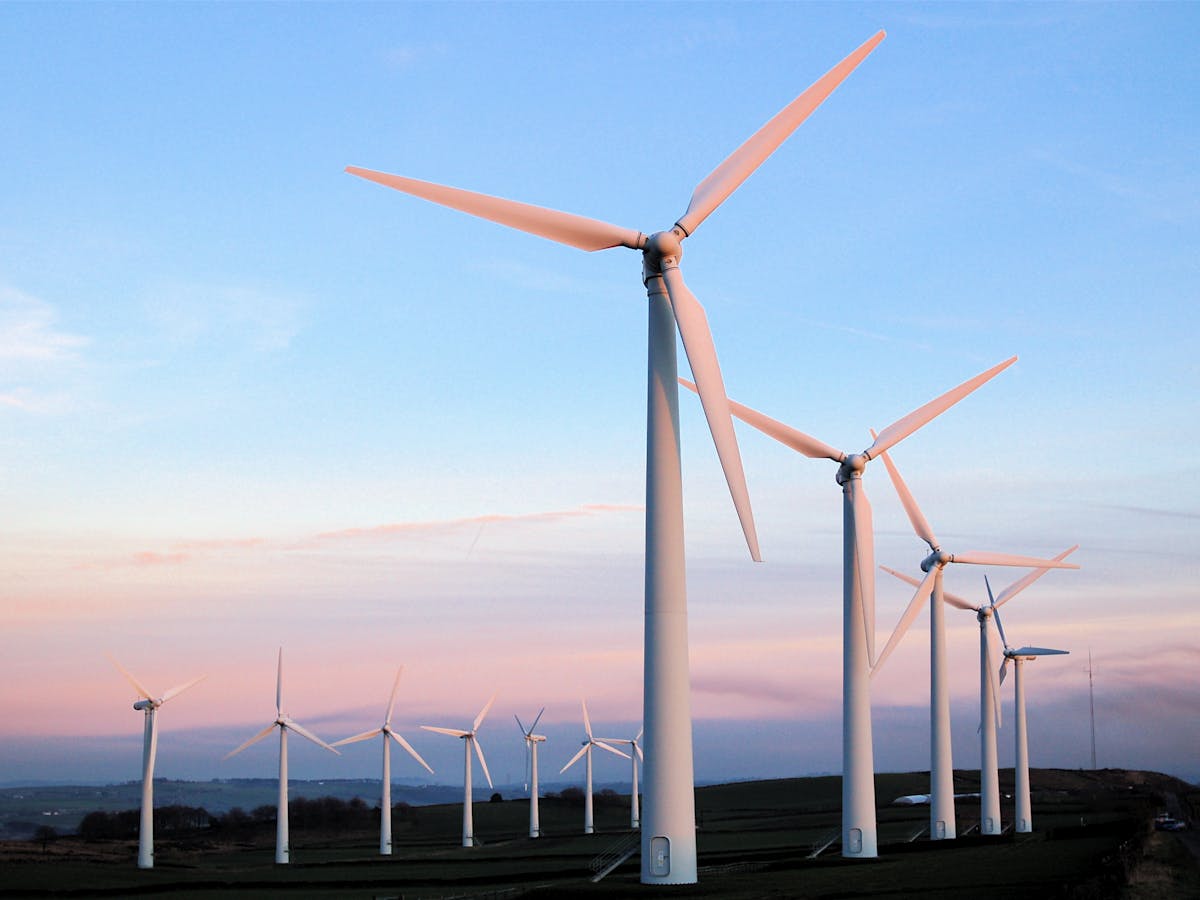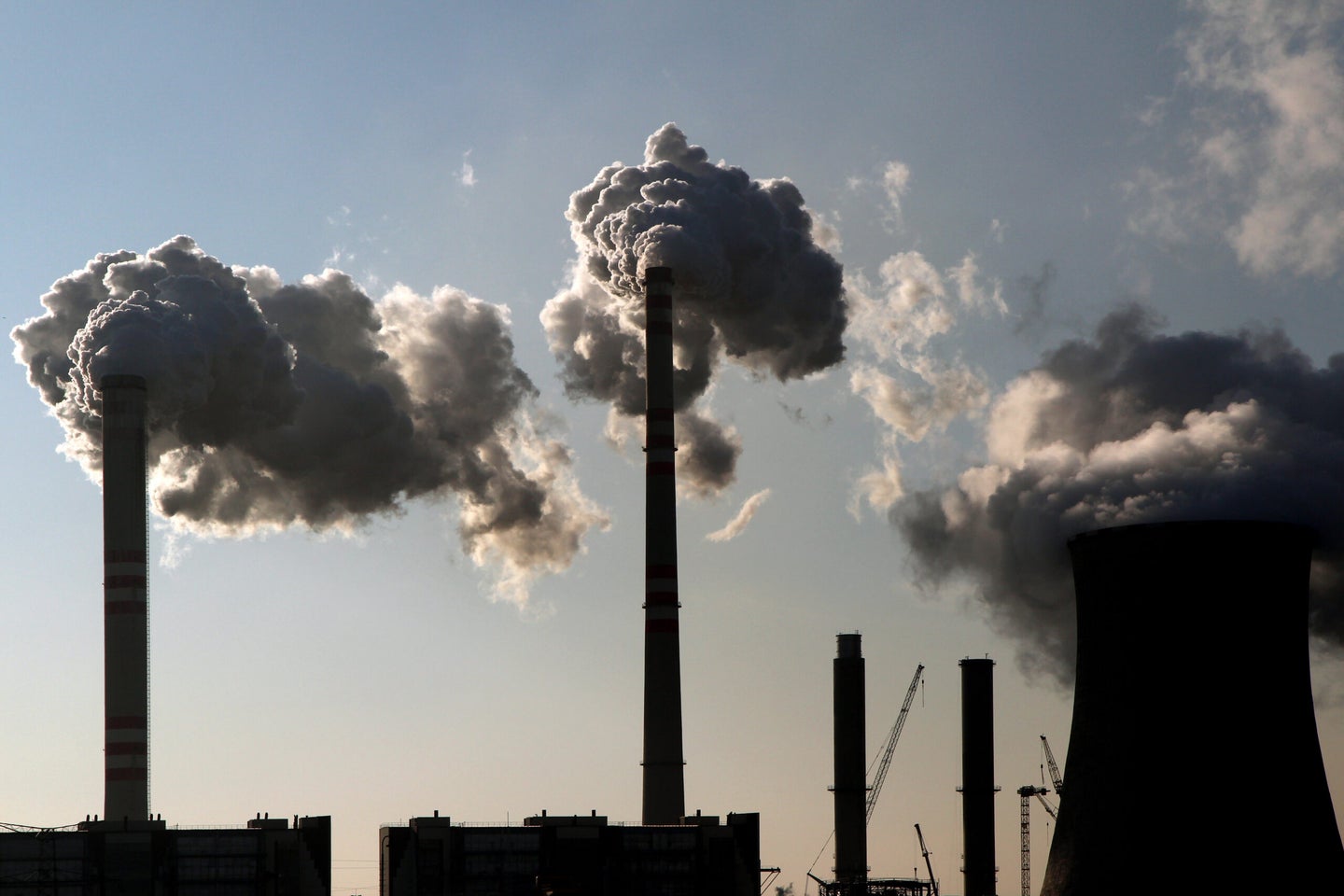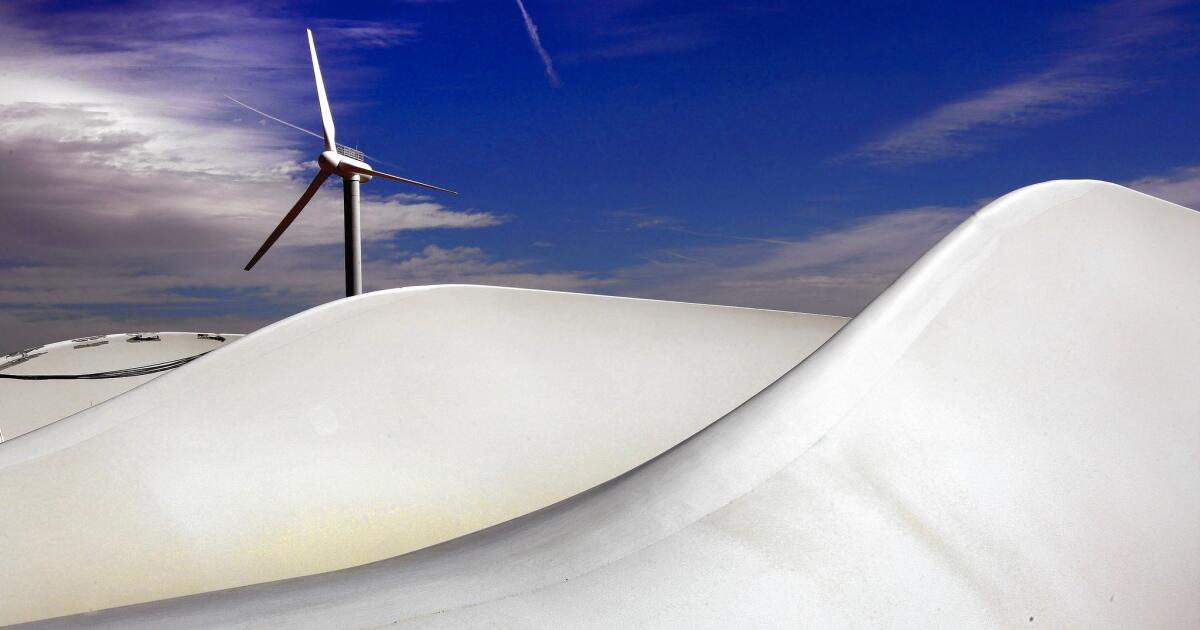I think you mean 96% hydrogen is made using fossil fuels not from fossil fuels.How is it the future? Maybe fuel cells have a good future, but currently 96% of hydrogen is made from fossil fuels, only 3% is green. As a pure fuel hydrogen is crap, with half the energy density of Li Ion battery. Toyota's ICE burning hydrogen are pretty poor and a waste of effort. Fuel cells have 2x the energy density, but we need clean green source of hydrogen in the first place. Luckily Australian company has had massive breakthrough in catalyst technology for making green hydrogen much cheaper and is readily for commercial trials.
Hydrogen's biggest use will be in manufacturing enabling us to make much cleaner steel, cement etc.
As far as fuel cells go, more research will be needed to improve them, just like evs have had.
Li-ion is an old technology and quite dangerous in the event of a crash. Solid state batteries should improve this.
Once the grid is massively decarbonised, hydrogen can be made using renewable energy.
Thankfully a lot of ng gas turbines can be converted to run on hydrogen.





